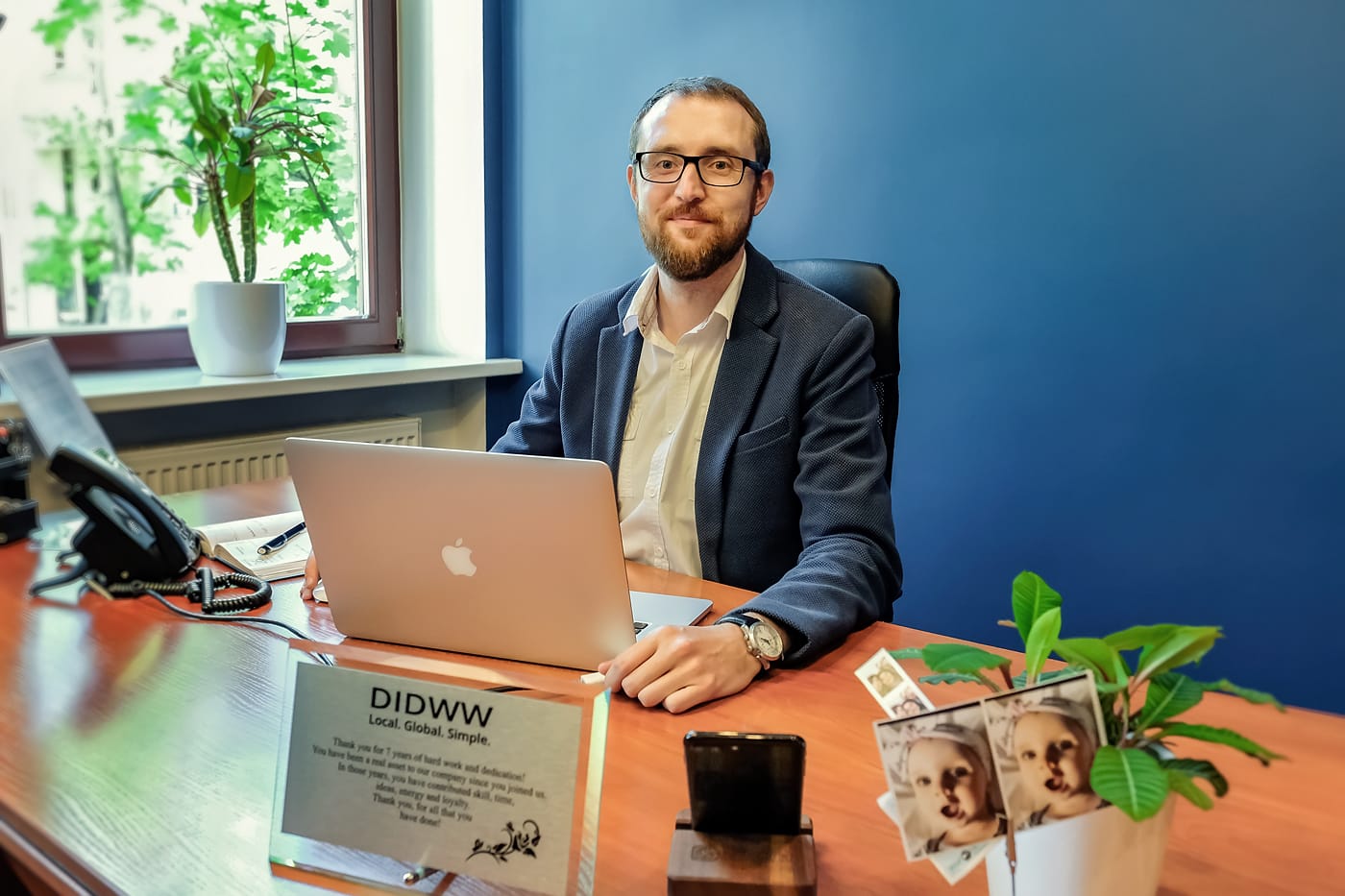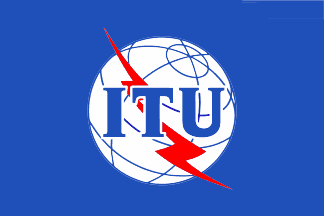At the recent Sino-German Economic Forum, China Mobile and Nokia signed a one year framework agreement valued at 1.36 billion euro (9.927 billion yuan) to support the Chinese operator’s transition to 5G infrastructure, while maintaining seamless connectivity. Under this agreement, the Finnish corporation will be providing the Chinese telecom with cutting edge end-to-end technologies for the next generation network, in addition to mobile, fixed, IP routing, optical transport and customer experience management technologies along with their service expertise and support. The two companies have been in partnership since 1994, when Nokia supported the first GSM call on China Mobile’s network. In addition to collaborating on 5G, both companies are moving forward together and have agreed to conduct research and tests on artificial intelligence and machine learning. “This is a highly significant agreement with our longstanding partner that consolidates Nokia’s position as a leading provider of next-generation technologies and services in…
More than 7 years ago when Laimis joined the DIDWW team, he did not have an extensive knowledge of telecommunications. However, his tenacity, people skills, and excellent grasp of the English language landed him the position of an Account Manager. Today, thousands of phone calls, emails and meetings later, he has become one of the key people in charge of Business Development at DIDWW. Laimis can close deals like no other employee, and, as a demanding mentor, his trainees tend to follow in his footsteps and also become successful sales people. Currently Laimis is enjoying his new role as a father to the cutest 8-month-old girl Eivina, and most of his free time is dedicated to his family. He still enjoys a game of basketball with his friends or playing video games – bearing significant responsibilities at work requires some relaxing time off. Read the full interview with Laimis below…
While the storm caused by the GDPR coming into force on May 25th is quieting down, people are still concerned about the protection of their personal data, and privacy in general. In the current environment, the use of the word VPN is commonplace, yet not everyone understands this term and what it has to do with security. voip.review will provide some basic insights into VPNs. Simply put, the abbreviation VPN stands for Virtual Private Network, a connection method that helps users maintain security while connecting to another network over the Internet. The original idea for creating a VPN was to secure the private network of large corporations, where branch offices and employees need to connect to the network from remote locations. While connecting to the corporate network via cables installed in a local office is relatively safe, connecting to this private network through public networks can introduce security…
Cisco Vice President Rob Salvagano recently announced plans for Cisco to acquire the cloud-base mobile platform provider, July Systems. July Systems specializes in location services for global enterprises. They collect and generate data-based insights by tracking customer movements within locations such as stores, malls, airports, stadiums and hotels, similar to the methodology used for compiling online browsing information. Headquartered in California, US and with a Global Development Center in Bangalore, India, July Systems has already collaborated with Cisco for several years on their Connected Mobile Experience (CMX). “We plan to add July Systems’ platform and business context capabilities to provide a unified solution on which our partners and customers can build and deliver a range of indoor location services for industries as diverse as healthcare, government, logistics, manufacturing, sports arenas, hotels, education and retail,” explains Salvagano. July Systems was founded in 2001 by Rajesh T.S. Reddy with funding of USD…
Two of the main key players in South African mobile operators, MTN and Vodacom, have shown interest in investing in the Ethiopian company Ethio Telecom. Both companies have invested in many countries on the continent. Ethiopia was not one of them as the government wanted to keep this sector under its control. But their policy is changing and they have decided to consider opening Ethio Telecom’s capital to investors. According to MTN, “Ethiopia presents many exciting telecommunication opportunities and we look forward to further discussions with that nation’s authorities on potential partnerships and opportunities.” and Vodacam stated that it “has said on many occasions that Ethiopia is an attractive market so it follows that there would be interest. Naturally this is dependent on what might become available and if it fits within our investment parameters.” Abiy Ahmed, Ethiopian new Prime Minister, came to power with promises of reforms. This policy…
New technologies, especially in wireless communications, is helping increase VoIP services. As smartphones, laptops and tablets are being more available worldwide, VoIP services are also growing and the competition between different providers is leading to a constant update in their offers. The BYOD (Bring Your Own Device) policy that is spreading in companies is another key factor in this demand on VoIP. Devices like phablets (a mix between smartphones and tablets like the Galaxy S9+) are replacing computers on many aspects. The PMR (Persistence Market Research) expect the market to grow up to US$ 194.5 Billion in the next seven years. Most of this increase will be from long distance VoIP calls that could represent US$ 120 Billion in revenue.
The secretary-general of the International Telecommunication Union (ITU), Zhao Houlin, explained at a press conference in Geneva, Switzerland, that infrastructure, investment, innovation and inclusion, or the “4 I’s”. Those pillars for information and communication technology (ICT) will be an obligation to reach the UN Sustainable Development Goals (SDG), especially for the next ten years. Infrastructure are essential to hold any economy based on communication and high tech. The future of digital economy in sustainable cities, will largely be based on the capacity to construct strong equipments for those infrastructures, not only to connect people but also objects. Strong investments are fundamental for the development of ICT. In order to see progress on SDG, innovation in the domain of finance will be needed and a mix between public and private investors is one of the solutions. Opportunity is only possible with innovation, thus small companies that base their growth and survival…
BullsEye Telecom has entered the VoIP based Key System market. Founded in 1999 in Michigan, BullsEye started by focusing on its local market. Since then, they provide SD-WAN, VoIP, broadband, and POTS to customers across the U.S. They acquired an experience in converting Plain Ordinary Telephone Service (POTS) to VoIP lines. It was able to be a leader company in the U.S. as a multi-location communications solutions provider. They announced yesterday the launch of its VoIP Based key system. Evan Branstnern, network endpoint engineer, explains: “The goal with BullsEye’s VoIP Key System was to replicate a phone system that people are used to while at the same time integrate the latest technology and best practices that are reflected in a VoIP-based product.” This technology will let users park calls with just a button, and then see which line is parked or available. It also let calls being picked up from…
China Telecom (China Telecommunication Corporation) and HGC (formerly Hutchinson Global Communication) will be working together in building a carrier-to-carrier fiber optic connection on the Hong Kong-Zhuhai-Macau Bridge. HGC, founded in 1992 under British ruling, is the leader in fixed-line operators. It also has an extensive number of infrastructures outside of Hong Kong. It is also one of Hong Kong’s main Wi-Fi provider with 29,000 hotspots. It is now owned by I Square Capital, under Asia Cube Global’s infrastructure. On the other hand, China Telecom is the most important state-owned telecommunication company in China. It manages the third largest broadband network in the world. Their internet offers has 160 million subscribers, and the customers’ number of their mobile service is 260 million. This Bridge connects Zhuhai, up north Macau, Macau itself and Hong Kong. It is set to open for vehicles on July 1rst 2018. It will also be used for…
Telinta, known for offering “White Label services,” is launching two new features: a new VoIP DID and a Wholesale Solution that will be toll-free. This will allow companies to sell in a much easier way Wholesale DIDs combines with Toll-Free numbers. All will be included, like switching, billing, customizing the portal, providing features and resources for resellers, etc. Telinta has a cloud-based platform called Telicore offering API to DID providers, that includes, among many others, VoIP Innovations, Voxbone and Magic Telecom. Their new all-in-one solution for VoIP service providers allows them to offer DIDs and Toll-free numbers to resellers and clients alike. It is able to manage different languages, currencies, credit card processors, and adapt it for each brand using the white label platform. They can adapt to their specific demands, if they need to charge per month, per channel or per minute. Alex Ferdman, CEO of Telinta said “Telinta…













